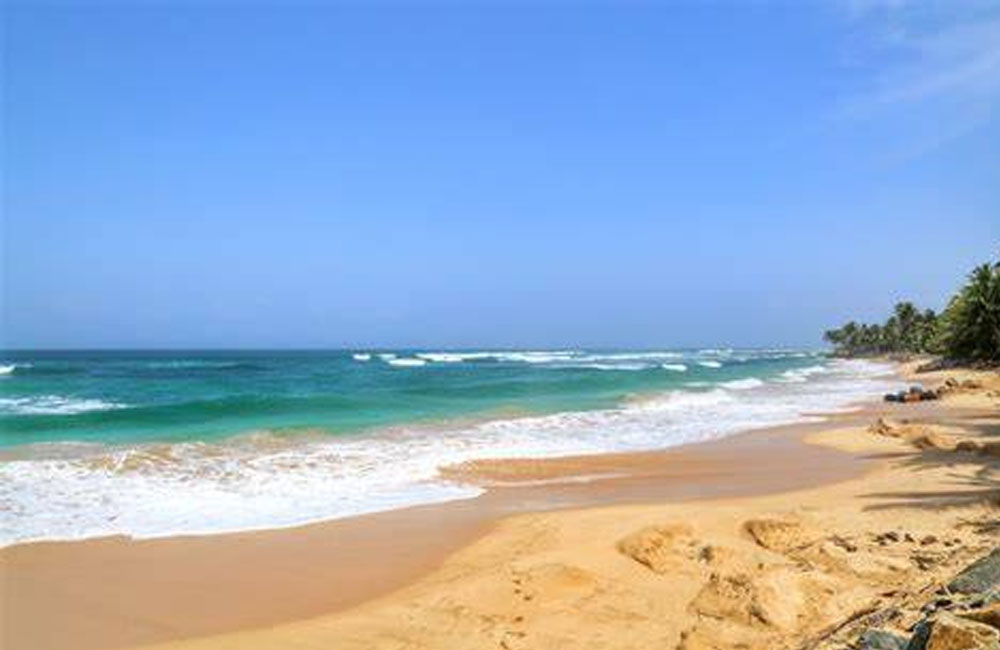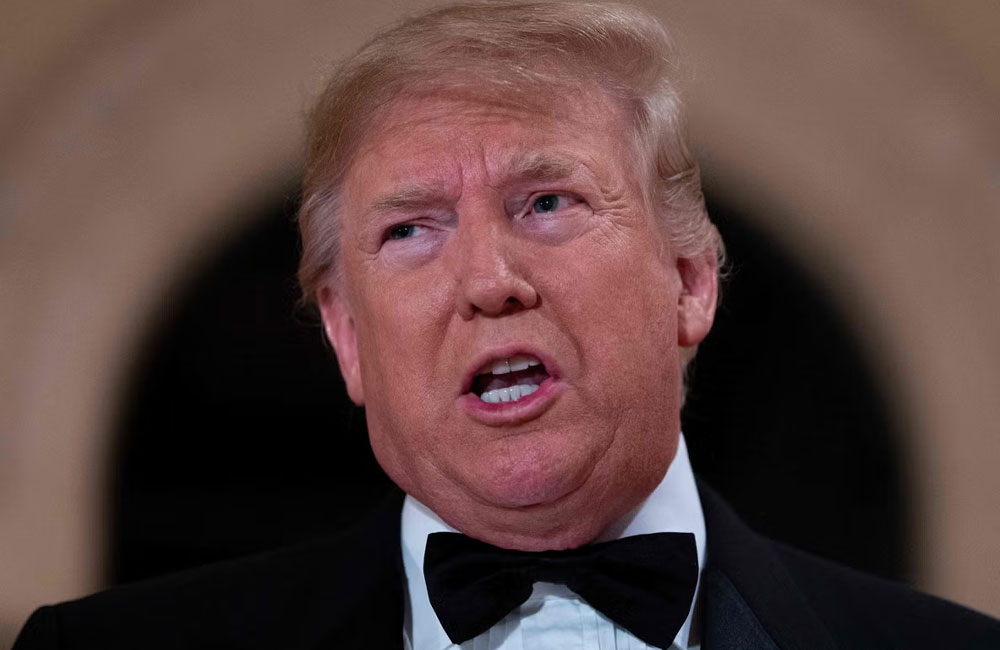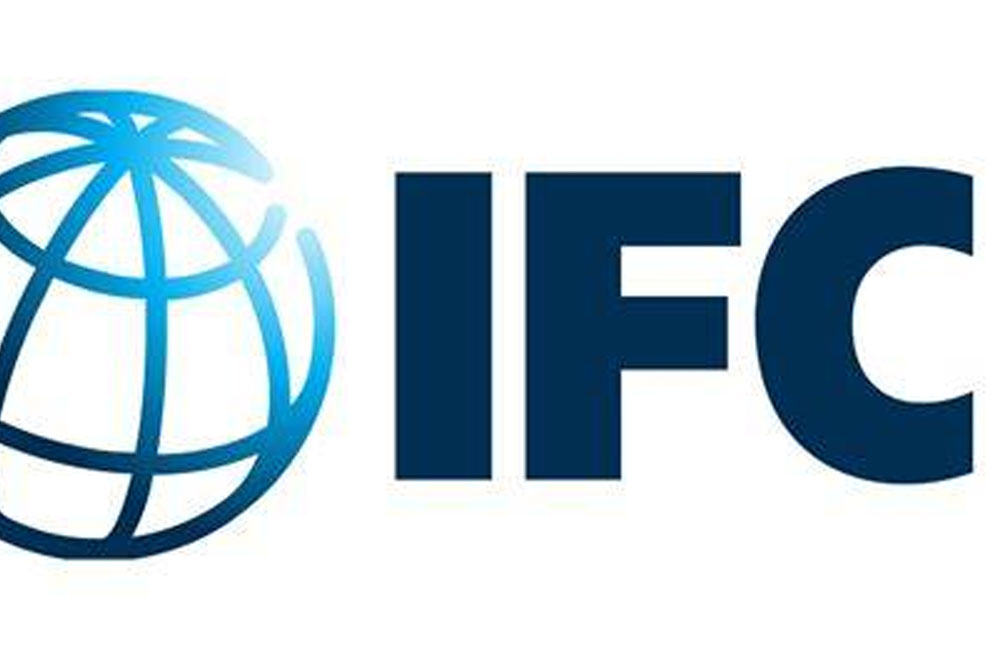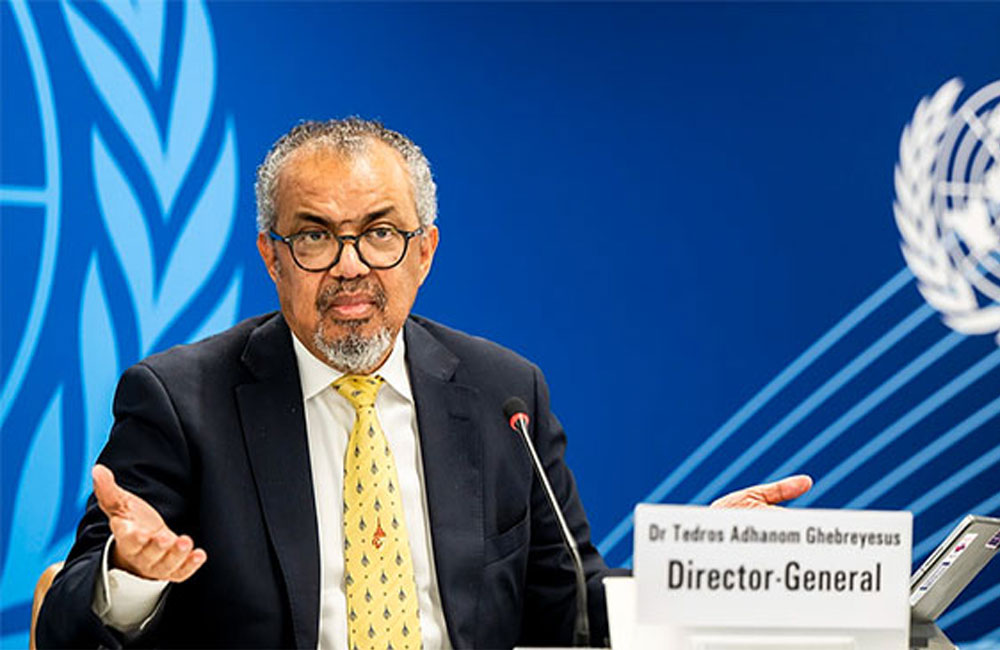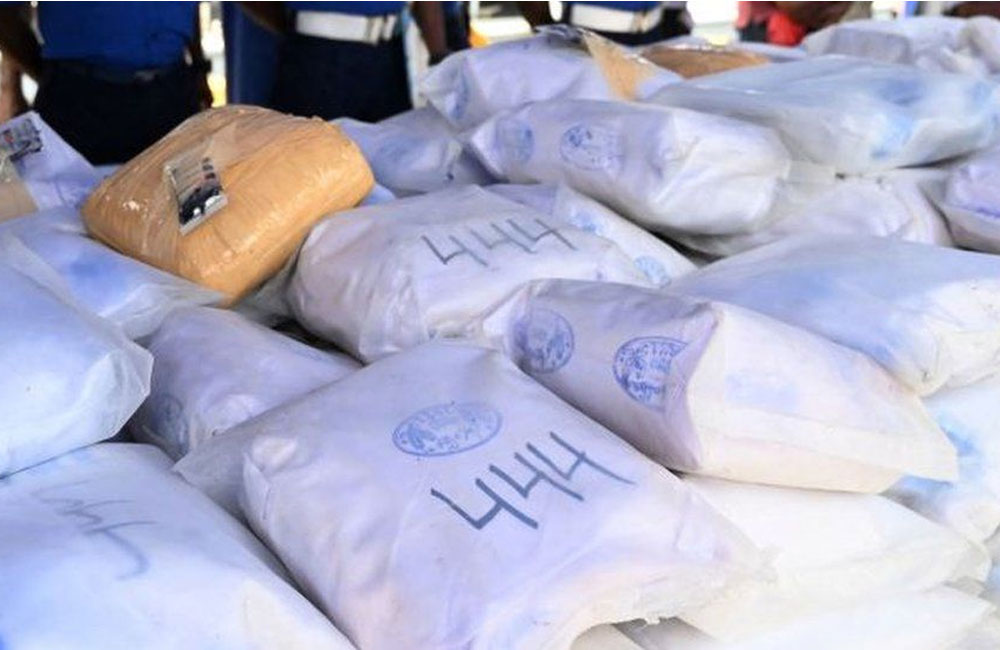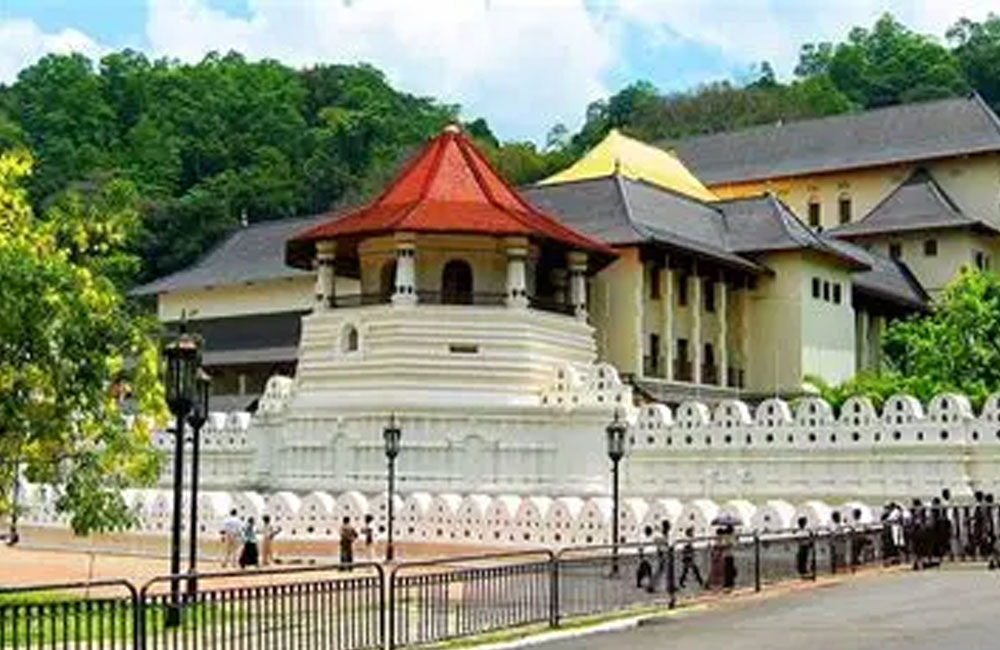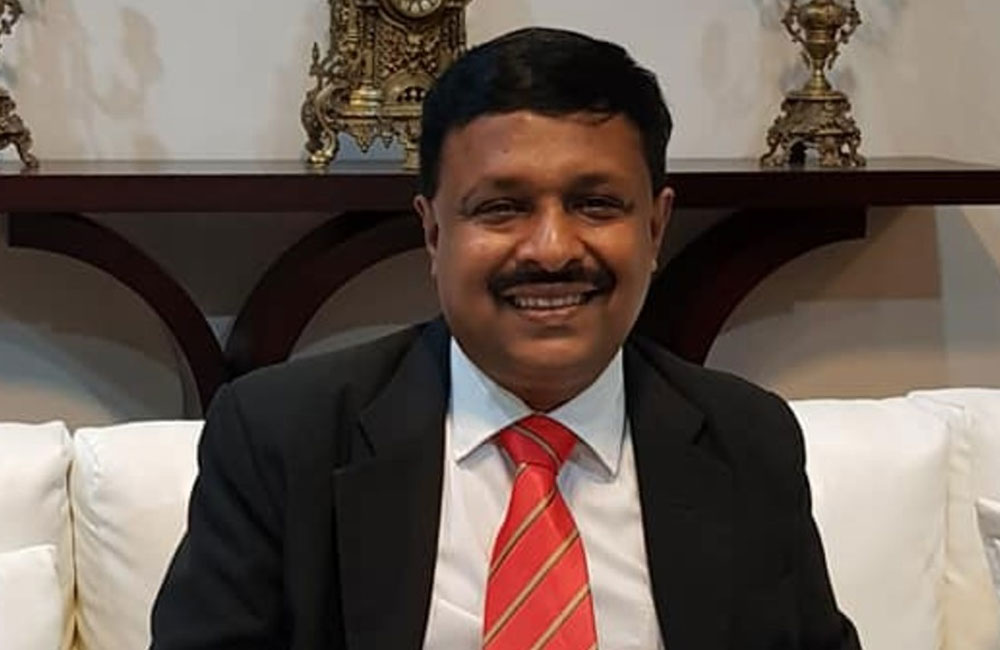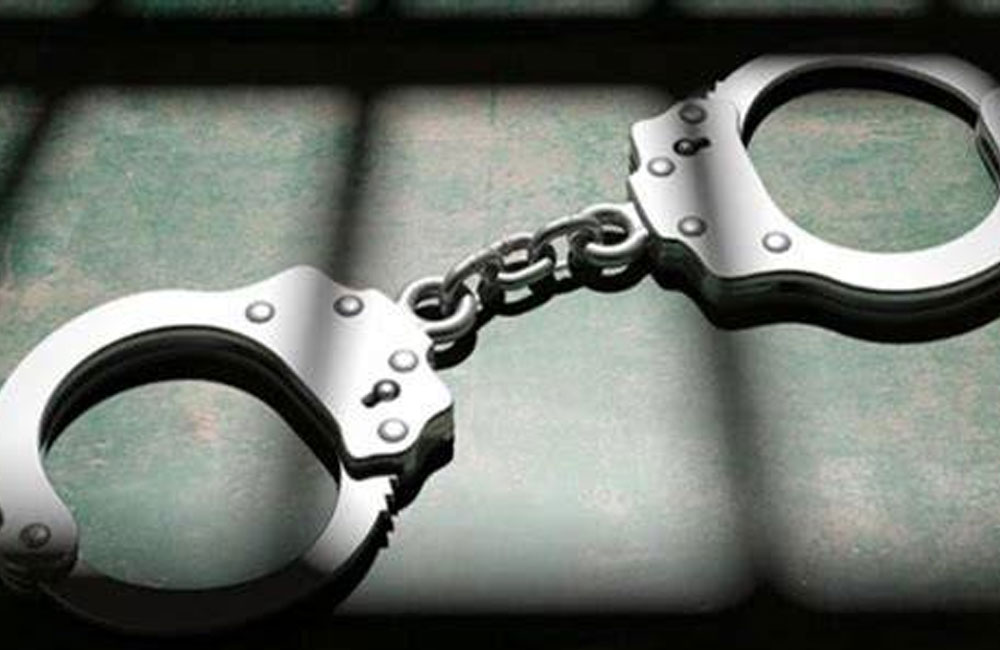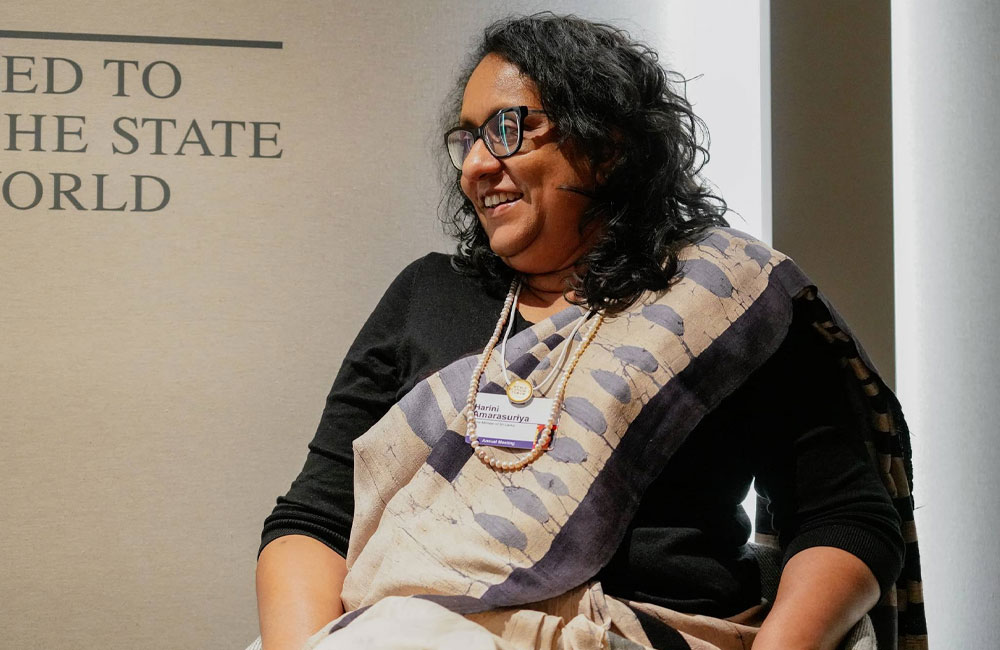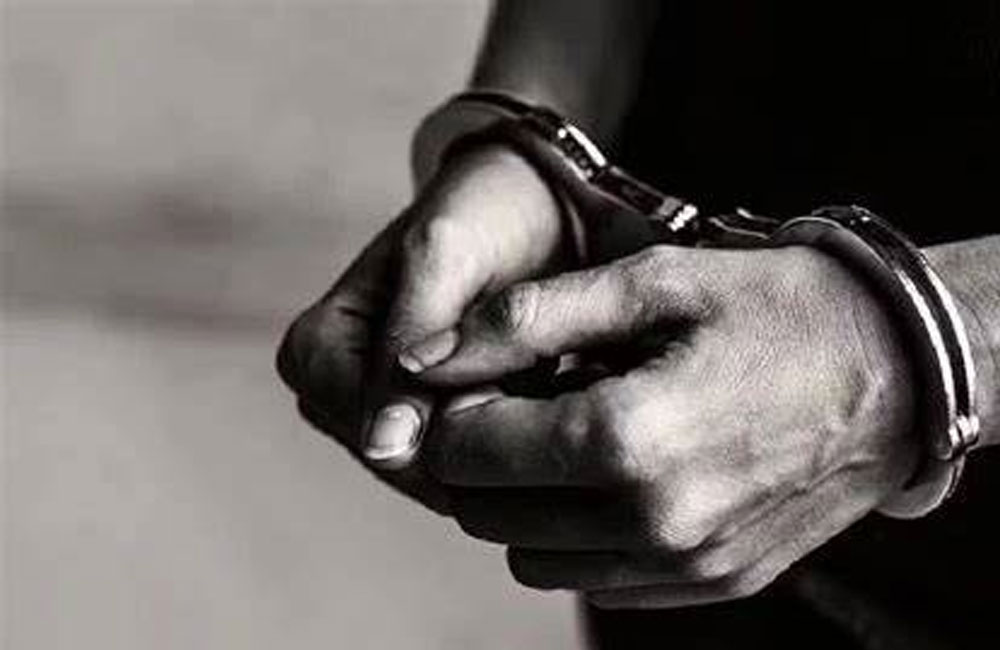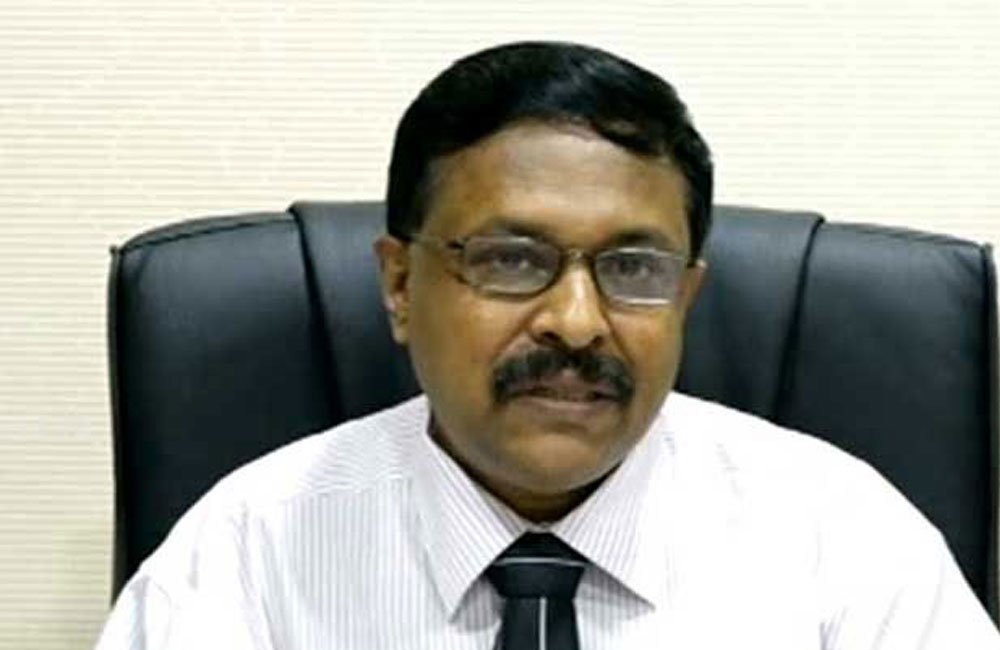U.S. President Donald Trump said on Saturday he would impose a 100% tariff on Canada if it follows through on a trade deal with China and warned Canadian Prime Minister Mark Carney that a deal would endanger his country.
“China will eat Canada alive, completely devour it, including the destruction of their businesses, social fabric, and general way of life,” Trump wrote on Truth Social.
“If Canada makes a deal with China, it will immediately be hit with a 100% Tariff against all Canadian goods and products coming into the U.S.A.”
In a video on Saturday, Carney urged Canadians to buy domestic products, but did not directly mention Trump’s tariff threat.
“With our economy under threat from abroad, Canadians have made a choice to focus on what we can control,” Carney said. “We can’t control what other nations do, we can be our own best customer.”
The Canadian prime minister this month traveled to China to reset the countries’ strained relationship and reached a trade deal with Canada’s second-biggest trading partner after the U.S.
Immediately after Carney’s China trip, Trump sounded supportive. “It’s a good thing for him to sign a trade deal,” Trump told reporters at the White House on January 16. “If you can get a deal with China, you should do that.”
“There is no pursuit of a free trade deal with China. What was achieved was resolution on several important tariff issues,” Dominic LeBlanc, the minister responsible for Canada-U.S. Trade, said on Saturday in a post on X.
The Chinese embassy in Canada said in a statement to Reuters that China was ready to work with Canada to implement the important consensus reached by the leaders of the two countries.
U.S.-Canada tensions have grown in recent days following Carney’s criticism of Trump’s pursuit of Greenland.
MORE PRESSURE ON CANADIAN INDUSTRIES
On Saturday, Trump suggested China would try to use Canada to evade U.S. tariffs.
“If Governor Carney thinks he is going to make Canada a ‘Drop Off Port’ for China to send goods and products into the United States, he is sorely mistaken,” Trump said, using a title for Carney that refers to Trump’s past calls for Canada to become the 51st U.S. state.
In a second Saturday post, Trump said, “The last thing the World needs is to have China take over Canada. It’s NOT going to happen, or even come close to happening!”
If Trump makes good on Saturday’s threat, the new tariff would greatly increase U.S. duties on its northern neighbor, adding pressure to Canadian industrial sectors such as metal manufacturing, autos and machinery.
Relations between Carney and Trump seemed relatively placid until the Canadian leader this week spoke out forcefully against Trump’s pursuit of Greenland.
Carney subsequently at the World Economic Forum called on nations to accept that a rules-based global order was over and pointed to Canada as an example of how “middle powers” might act together to avoid being victimized by American hegemony.
Carney, during his speech in Davos, Switzerland, did not directly call out Trump or the U.S. by name. However, the prime minister said “middle powers must act together because if you are not at the table, you are on the menu.”
Many world leaders and industry titans present at the Switzerland confab responded with a standing ovation.
Trump shot back in his own Davos speech and said Canada “lives because of the United States,” a statement that Carney rejected on Thursday.
“Canada and the United States have built a remarkable partnership in the economy, in security and in rich cultural exchange,” Carney said in Quebec. “Canada doesn’t live because of the United States. Canada thrives because we are Canadian.”
Since then, Trump has dug in against Canada, revoking its invitation to his Board of Peace that he wants to deal with international conflicts and Gaza’s future.
After Carney’s election last year, Trump and Carney shared a congenial tone. “I think the relationship is going to be very strong,” Trump said at the time.
But Trump this month dismissed the mega trade deal between the U.S., Canada, and Mexico — up for renegotiation in July — as “irrelevant.”
Trump has issued many tariff threats since returning to the presidency, though in several cases he has paused them during negotiations or relented entirely. This week, Trump backed off his recent threat to impose stiff tariffs on European allies after the NATO chief and other leaders promised to step up security in the Arctic.
“We hope the two governments can come to a better understanding quickly that can alleviate further concerns for businesses who face the immediate consequences of torqued up uncertainty,” the Canadian Chamber of Commerce’s Matthew Holmes said in a statement.
Source: adaderana.lk
